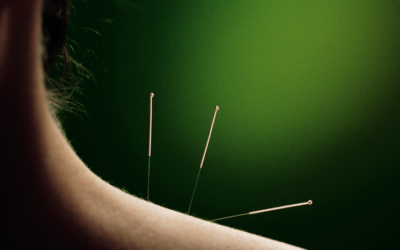The Intake of Beetroot May Improve Exercise Performance With Inflated Nitrogen Oxide Content
Studies in exercise performance are pivotal to support efficient blood and oxygen flow, which in turn improve physical stamina. The pulmonary and circulatory systems are targeted for biomarkers used to indicate adequate blood and oxygen supplies. Nitric oxide (NO) is an important biomarker and signaling molecule within the body that can be ingested through vegetables including beetroots, and other greens like lettuce, spinach, rucola, and mustard leaves. Nitric oxide functions in the body with nerve cell communication in the brain, monitoring of glucose and calcium levels, maintaining muscular plasticity and improving blood flow during exercise. Dietary nitrate is consumed as NO3 and further transformed to NO in the body, which provides increased functionality. NO3 is capable of lowering blood pressure, implicating its use for refining cardiovascular output during exercise.
Prior research has honed in on beetroot consumption to progress exercise capability, due to its high NO3 content. Beetroots achieve these improvements by decreased time trials for a cycling study and a reduction in oxygen costs during high-level activity. A recent study supplemented subjects with beetroot juice in order to observe exercise performance over longer periods of times to see if trends persist. After subjects completed strenuous exercise tasks, researchers observed increased nitric oxide levels in the blood and improved arterial blood flow through flow mediated dilation. As compared to baseline levels before exercise, systolic and diastolic blood pressures were reduced during and after exercise. Mean arterial pressure and total peripheral pressure were additionally reduced compared to pre-treatment with beetroot juice. All of these measures indicated improved resistance to strenuous exercise and facilitated blood and oxygen circulation throughout the body.
This study applied chronic beetroot juice supplementation up to 15 days to ascertain its effect on physical activity stamina. Increased levels of nitric oxide in the blood were achieved through beetroot juice supplementation prior to physical activity. It was predicted that increased NO3 storages in the body from beetroots were transformed into usable NO. This supplementation resulted in depleted stress on the heart and reduced blood pressure levels. Alleviating stress on the heart was portrayed as assuaged oxygen consumption by the cardiovascular system. Further results indicated that elevated plasma NO levels decrease vascular constriction that impacts skeletal muscle. All results indicated that raised nitric oxide levels from beetroot juice exhibited improved physical performance through reduced cardiac workload. Applications of these results have the potential to reduce injury, cardiac damage, and fatigue caused by vigorous exercise.
Reference—
Jae-Suk Lee, Charles L. Stebbins, Eunji Jung, Hosung Nho, Jong-KyungKim, Myoung-Jei Chang, Hyun-Min Choi. Effects of chronic dietary nitrate supplementation on the hemodynamic response to dynamic exercise. American Journal of Physiology – Regulatory, Integrative and Comparative Physiology Sep 2015, 309 (5) R459-R466; doi:10.1152/ajpregu.00099.2015



